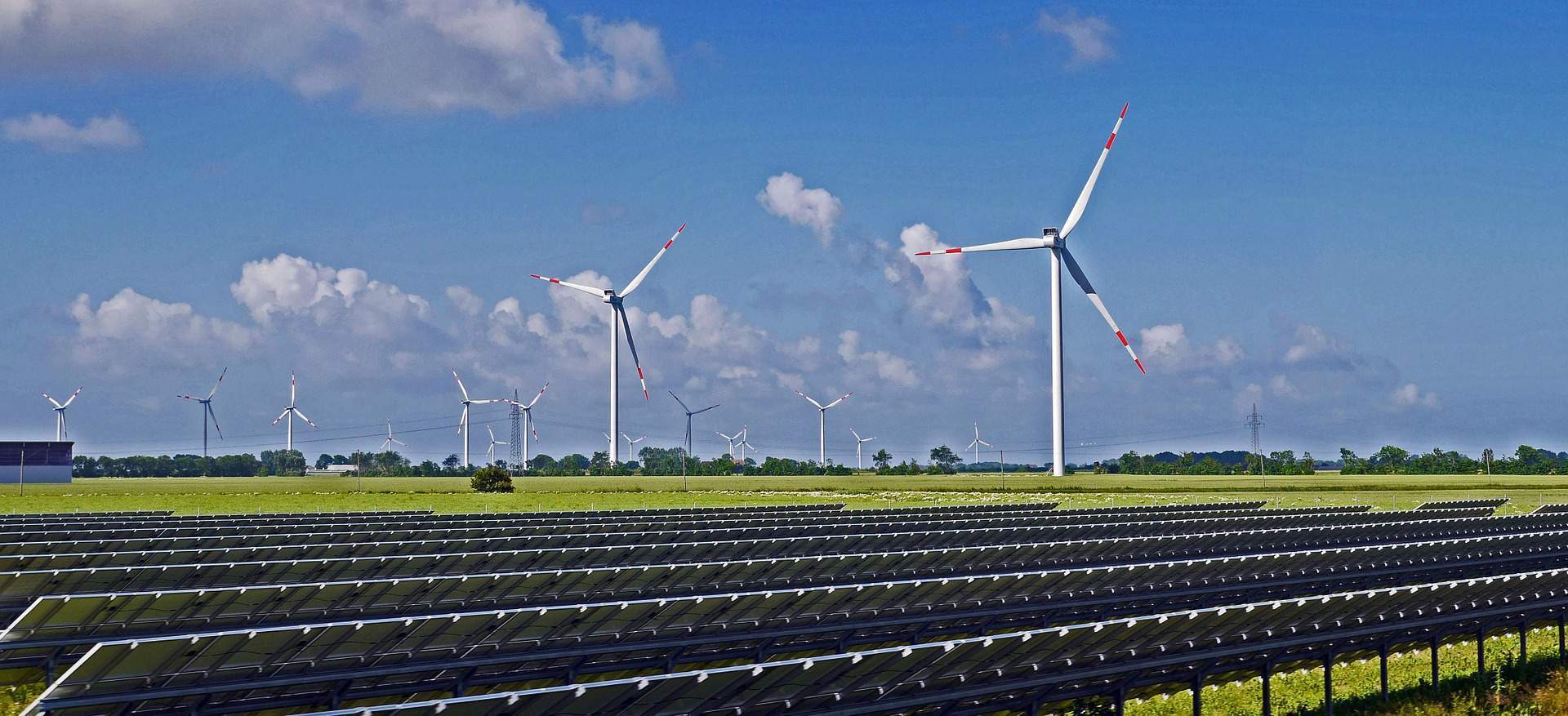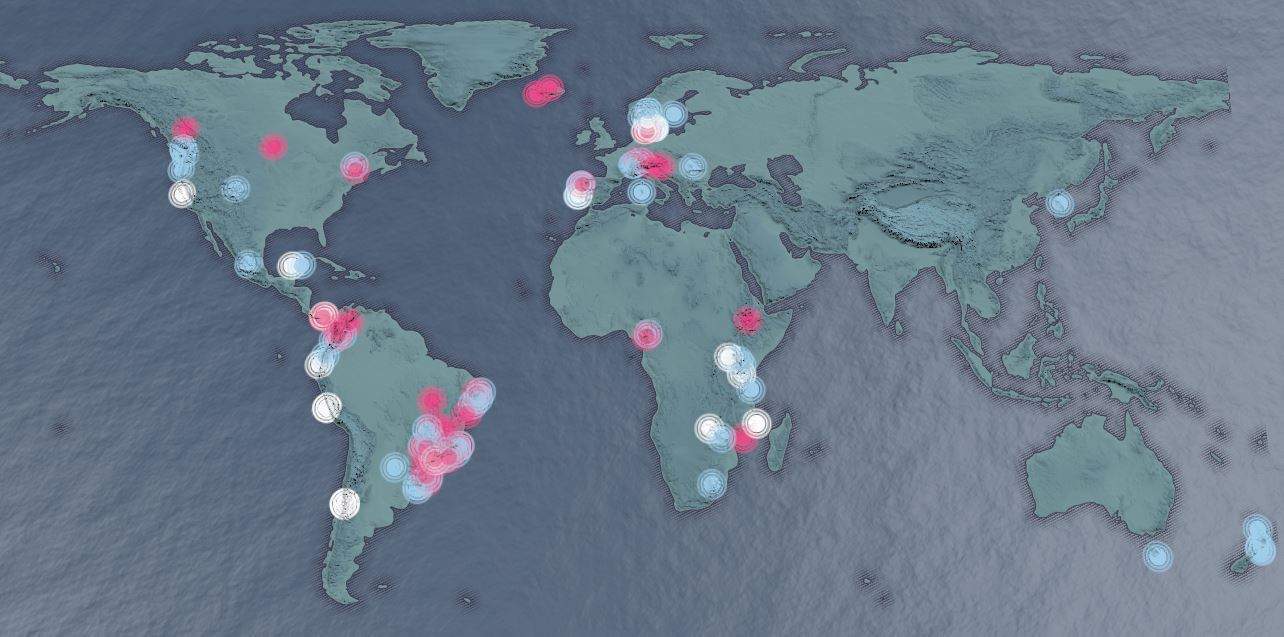
In a landmark report for environmentalists, the Carbon Disclosure Project (CDP) has revealed over 100 cities around the world are powered on at least 70% renewable electricity.
In fact, some cities have gone further. The report also shows a further 43 cities are powered entirely by renewable energy sources. These cities are:
- Addis Ababa, Ethiopia
- Ærøskøbing, Denmark
- Akureyri, Iceland
- Alcadía de Cordoba, Venezuela
- Aparecida, Brazil
- Assis, Brazil
- Bangangte, Cameroon
- Basel, Switzerland
- Birigui, Brazil
- Bolzano, Italy
- Brasilia, Brazil
- Brotas, Brazil
- Brusque, Brazil
- Burlington, USA,
- Cabreuva, Brazil
- Cajamar, Brazil
- Capivari, Brazil
- Cerquilho, Brazil
- Chorrera, Panama
- Curitiba, Brazil
- Estância Hidrominer de Águas de Sáo Pedro, Brazil
- Estância Turística de ITU, Brazil
- Fafe, Portugal
- Ibague, Colombia
- Ljubljana, Slovenia
- Lorena, Brazil
- Mairiporã, Brazil
- Medellin, Colombia
- Montes Claros, Brazil
- Niteroi, Brazil
- Nova Odessa, Brazil
- Palmas, Brazil
- Prince George (British Colombia) Canada
- Quelimane, Mozambique
- Reykjavik, Iceland
- Salvador, Brazil
- São Caetano, Brazil
- São João da Boa Vista, Brazil
- Santos, Brazil
- São Gonçalo, Brazil
- São José do Rio Preto, Brazil
- Vinhedo, Brazil
- Winnipeg, Canada
Renewable energy is any form of energy which does not deplete the Earth’s natural resources like coal, oil, natural gas, and nuclear materials. Types of renewable energy include biomass, geothermal energy, hydroelectric energy, solar power and wind power.
And while the Carbon Disclosure Project doesn’t have too many large cities getting 100% of their energy from renewable sources, the list of those working from 70% renewable energy includes some major cities.
Among these are Nairobi, Montreal, Auckland, Aspen, Oslo, Seattle, Vancouver, Winnipeg, and Wellington.
On the map below, cities in red are powered by 100% renewable energy. Those in blue are powered by at least 70% renewable energy. Finally, cities in white are powered by at least 50% renewable energy.
How well do you really know your competitors?
Access the most comprehensive Company Profiles on the market, powered by GlobalData. Save hours of research. Gain competitive edge.

Thank you!
Your download email will arrive shortly
Not ready to buy yet? Download a free sample
We are confident about the unique quality of our Company Profiles. However, we want you to make the most beneficial decision for your business, so we offer a free sample that you can download by submitting the below form
By GlobalData
There are a total of just over 570 who report their data to the Carbon Disclosure Project. Of these 275 are getting at least some of their energy from hydropower, 189 use wind power, 184 use solar power, 164 burn biomass, and 65 use geothermal power.
What do the experts say?
Kyra Appleby, the director of cities, at the Carbon Disclosure Project said in a statement accompanying the report:
“Cities are responsible for 70% of energy-related CO2 emissions and there is immense potential for them to lead on building a sustainable economy. Reassuringly, our data shows much commitment and ambition.
“Cities not only want to shift to renewable energy but, most importantly – they can. We urge all cities to disclose to us, work together to meet the goals of the Paris Agreement and prioritize the development of ambitious renewable energy procurement strategies. The time to act is now.”
And Miro Weinberger, the mayor of Burlington, New Hampshire, the US’ first city run on 100% renewable energy added:
“Burlington, Vermont is proud to have been the first city in the United States to source 100 percent of our power from renewable generation.
“Through our diverse mix of biomass, hydro, wind, and solar, we have seen first-hand that renewable energy boosts our local economy and creates a healthier place to work, live, and raise a family.
“We encourage other cities around the globe to follow our innovative path as we all work toward a more sustainable energy future.”
Why it matters:
According to discussions at the World Economic Forum in Davos this year, renewable energy was the cheapest in 30 countries as of 2017. By 2020, the experts predict that renewable fuel will be the most cost-effective way of generating power globally.
Also, renewable energy will mitigate some of the damage done to the environment through climate change.
Non-renewable fuels including coal, oil, and natural gas must be burned in order to produce energy. When they are burnt they release carbon dioxide, a greenhouse gas. This gas gets trapped in the atmosphere, trapping the sun’s rays in the Earth’s atmosphere.
This leads to a gradual warming of the Earth’s atmosphere, which can have further impacts including disrupting ocean currents, contributing to climate change.
In addition, as the name suggests, non-renewable energy can and will eventually run out.
BP’s Statistical Review of World Energy, global oil reserves at the end of 2016 were 1.7 trillion barrels. If the world keeps burning oil at its current rate, the world’s supplies of oil will run out in 51 years. Obviously, this is not an issue for renewable energy sources.
The Carbon Disclosure Project report that the total funding going towards renewable energy by cities around the world is around US$2.3 billion, across nearly 150 projects.
Coinciding with this report is the announcement of a new policy by UK100, a group local business leaders in the UK.
That group is pledging that 100% renewable energy will power 80 UK towns (including Manchester, Birmingham, Newcastle, Glasgow and also 16 London boroughs) by 2050. Currently no UK towns receive even 50% of their power from renewable sources.







